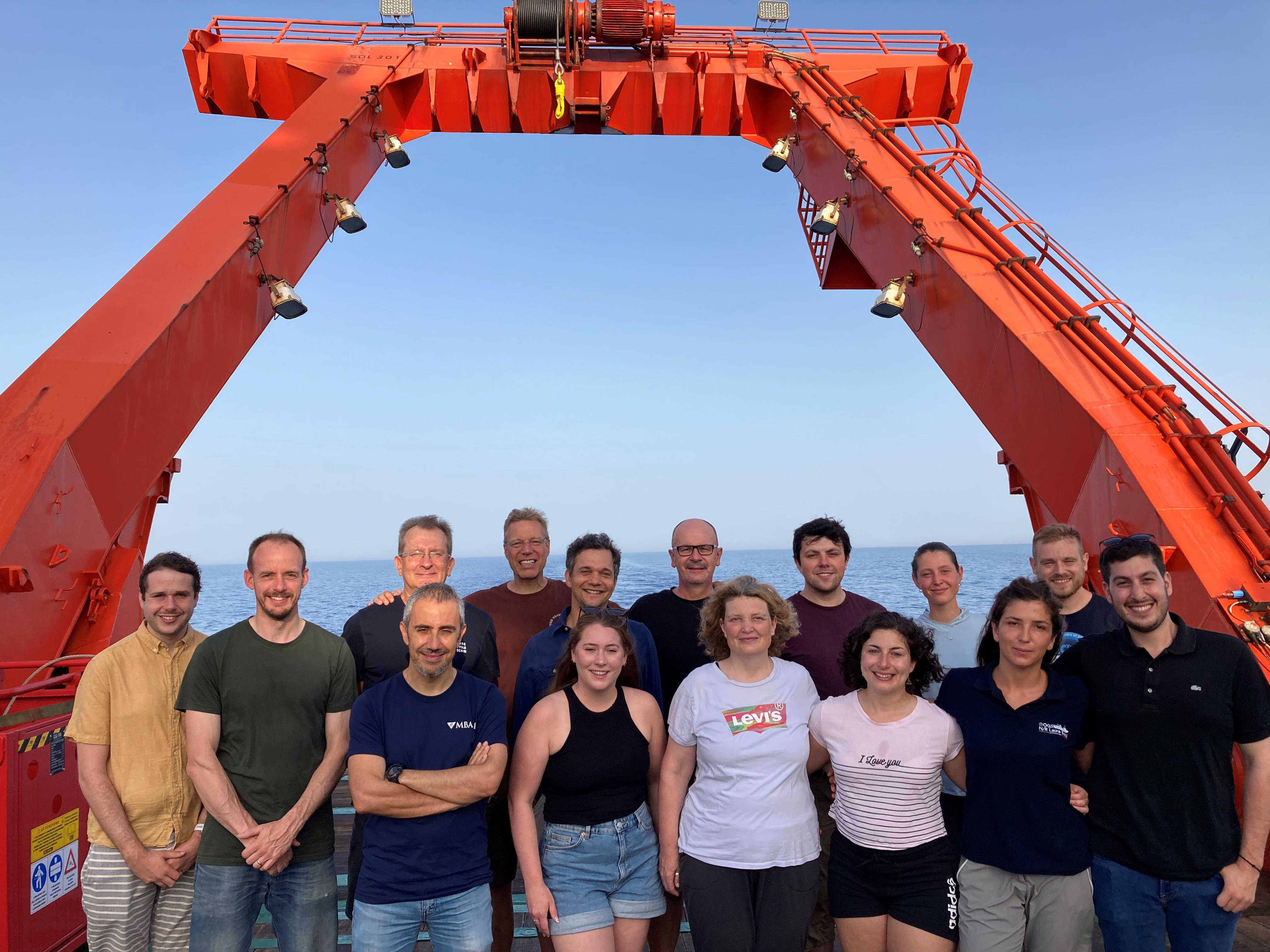On the 15th of July, 2023, 15 European scientists from 7 different insitutions boarded the R/V Meteor in Algeciras, Spain for the M191 expedition, where they shall investigate submarine volcanism in the western Sicilian Channel (SUAVE) for 3 weeks. The research cruise is expected to end in Piraeus, Greece on the 5th of August.
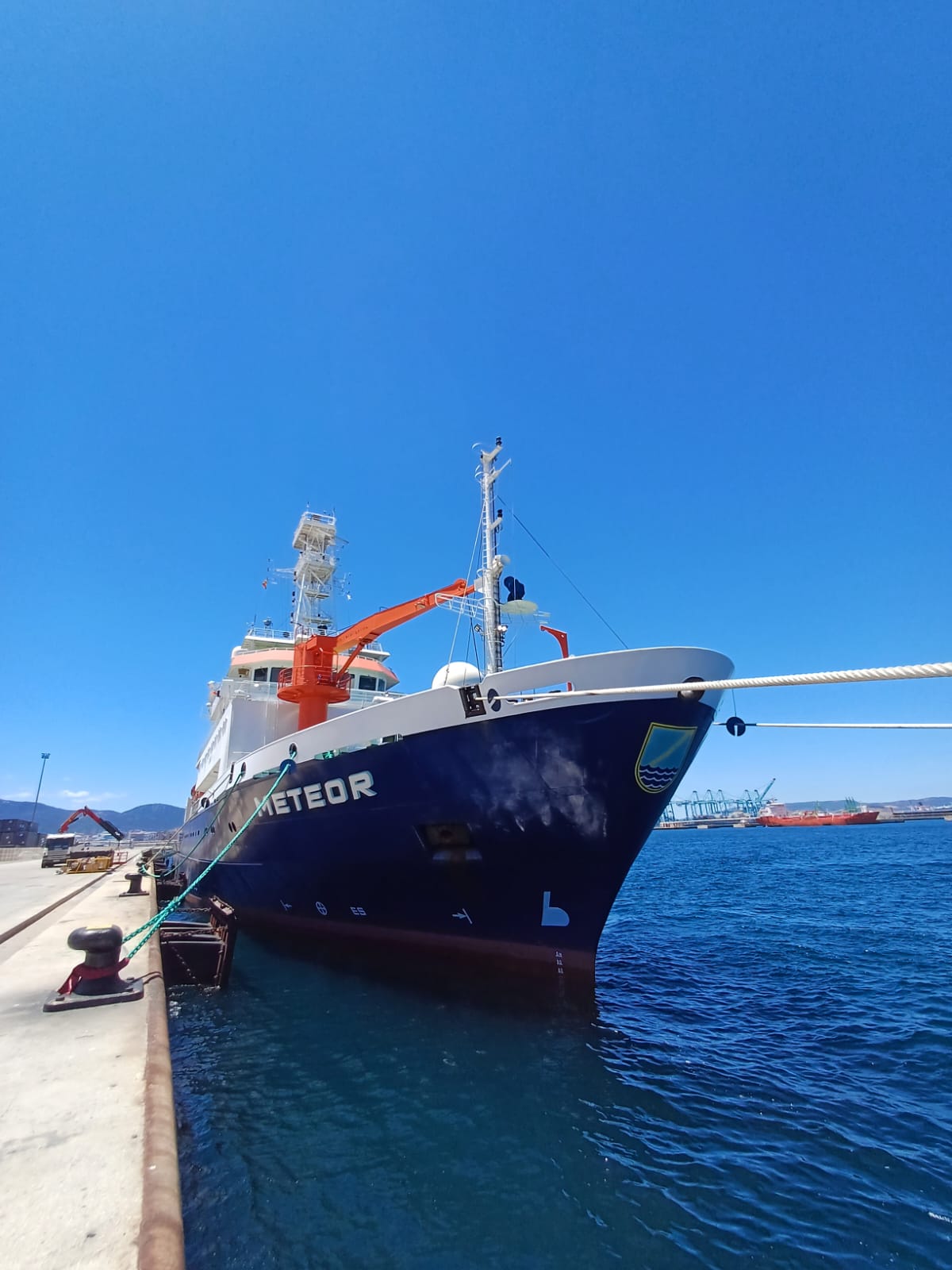
Time on a research vessel is always limited, so scientific work has to take place around the clock. As a result, our work is split over morning, evening and night shifts. The morning and afternoon shifts target seafloor sampling via dredging & consist of 5 scientists each. On the other hand, the night shift has only 2 scientists and is focused on mapping the seafloor via the multibeam echosounder (bathymetry), the sub-bottom profiler (sub-seafloor geology) and the magnetometer (to detect volcanic structures). Additionally, on board the R/V Meteor, we also have a paleobiologist who works on a separate shift system to collect seawater samples every few hours for nanoplankton studies.
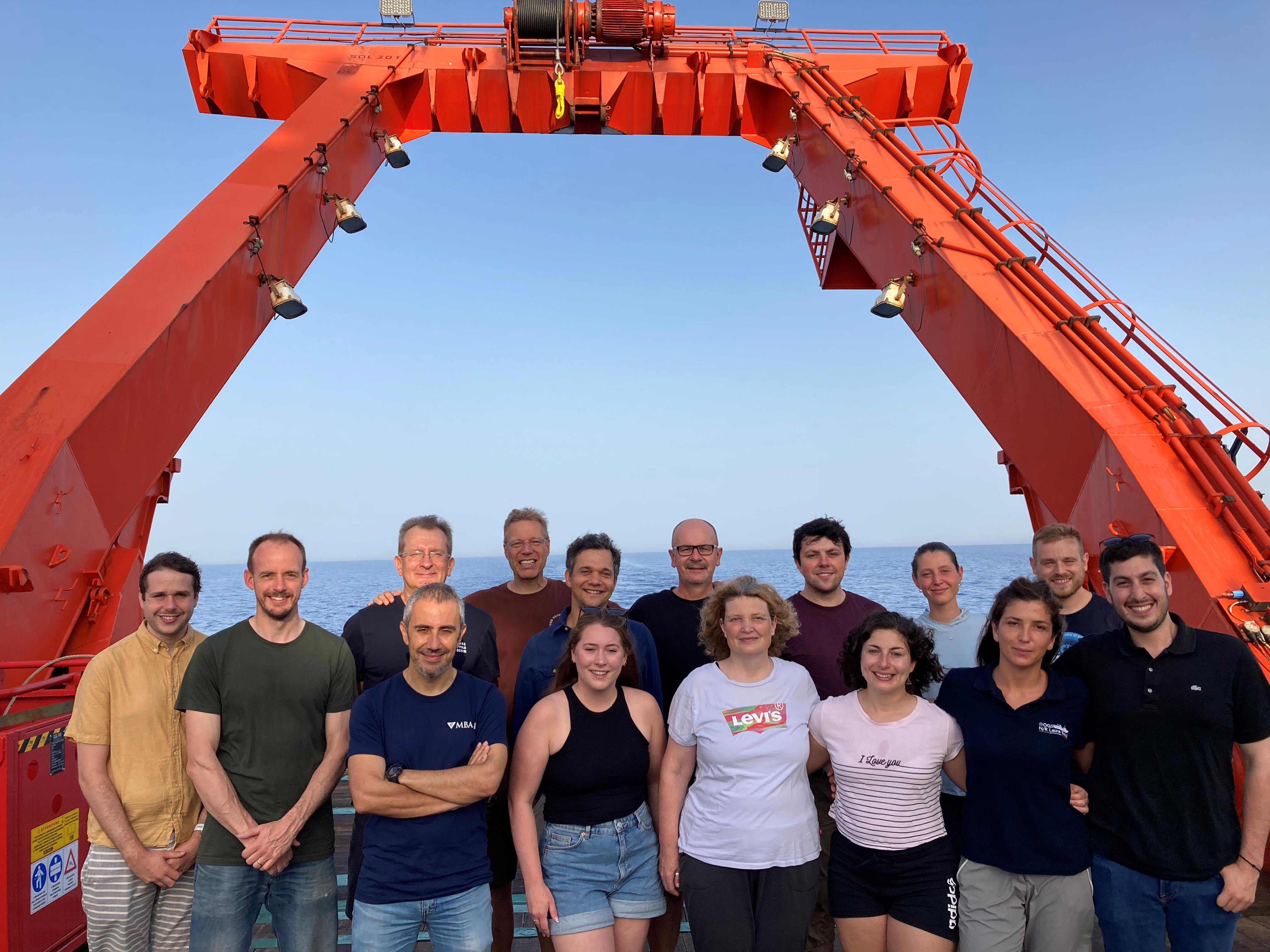
We introduce the different shift teams and their 2 chief scientists below:
M191 Chief Scientists
Jörg Geldmacher
Jörg Geldmacher is a German senior scientist in igneous geochemistry at GEOMAR & is the chief scientist on the M191 expedition. He’s highly interested in intraplate volcanism, in particular because this type of volcanism is much less understood than eruptive behaviour observed at plate boundaries. This is exactly the topic of the SUAVE project so he’s stoked to be part of this international team.
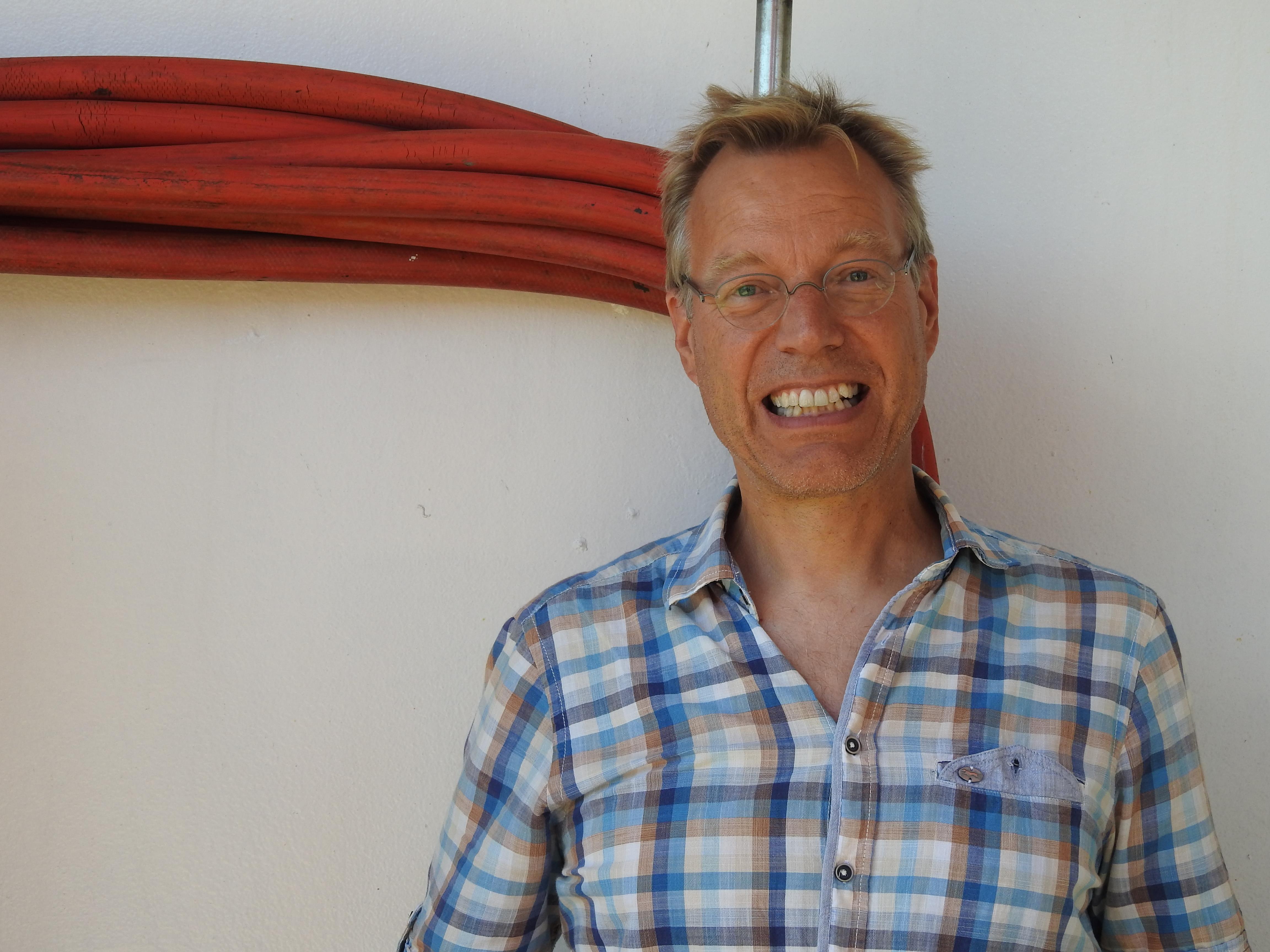
Aaron Micallef
Aaron Micallef Maltese senior scientist at the Monterey Bay Aquarium Research Institute in the US. His research interest is in seafloor geological processes. He uses quantitative techniques to analyse geophysical and sedimentological data from continental margins to solve problems related to seafloor hazards and resources. On the R/V Meteor, Aaron is closely collaborating with Jörg to plan & coordinate the M191 cruise operations. He’s also carrying out seafloor mapping, in particular, via the multibeam echosounder (MBES).
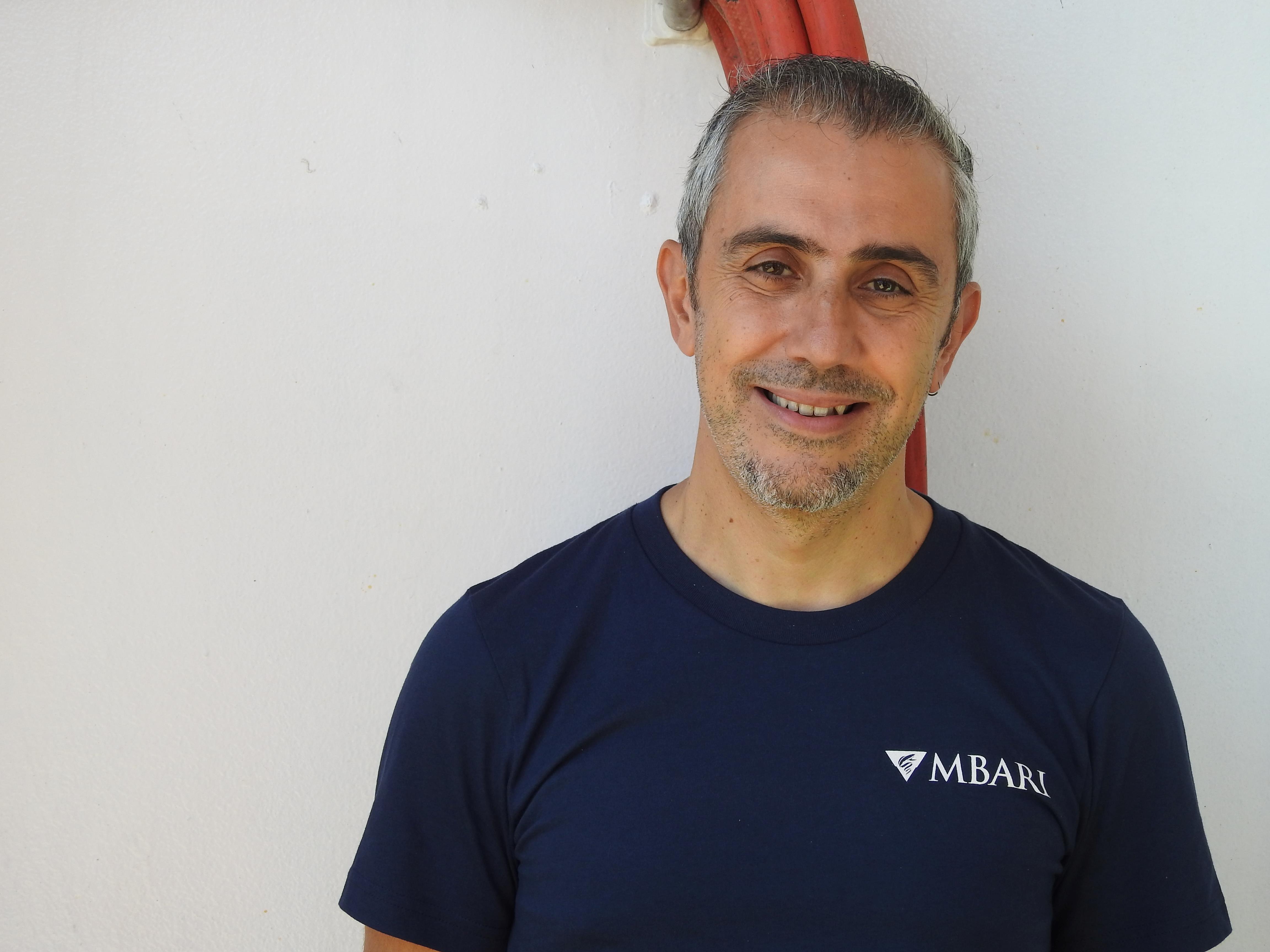
Morning Shift – Dredge Team 1
Maxim Portnyagin
Maxim Portnyagin is a Russian senior scientist specializing in magmatic petrology and geochemistry at GEOMAR. He graduated from Moscow University in 1991, obtained a PhD in 1998, and has been working at GEOMAR since 2001. He is particularly interested in the recycling of chemical elements between Earth’s reservoirs, the fluid regime of magma generation, and the modelling of open magmatic systems in all geotectonic settings, particularly at subduction zones and mantle plumes. On the #M191 cruise he manages the morning shift.
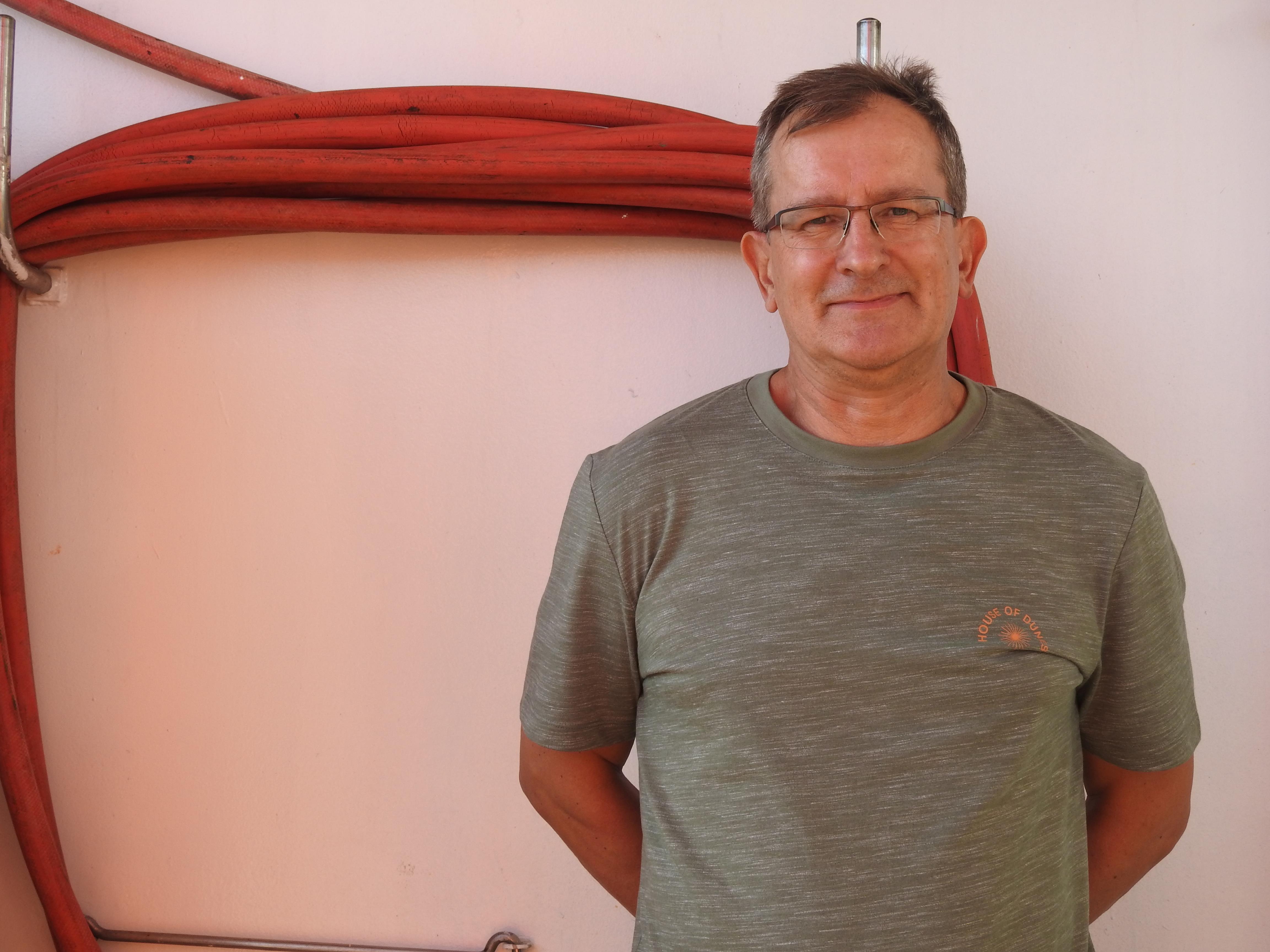
Christian Timm
Christian Timm, from North Germany, finished his degree in geology at the University of Kiel in 2004. He earned a PhD in 2008 & spent 11 years in New Zealand working as a marine geologist specialised in igneous geochemistry. His academic interests lie mainly in understanding how volcanoes work, why they are there where they are, as well as what risk and/or resource potential they might have. While his research has focussed mainly on arc volcanism, including the origin and transport of metals, he has also worked in other tectonic settings, such as intraplate volcanoes. Onboard the R/V Meteor, Christian’s the M191 expedition manager, but he will also assist with sampling & data collection.
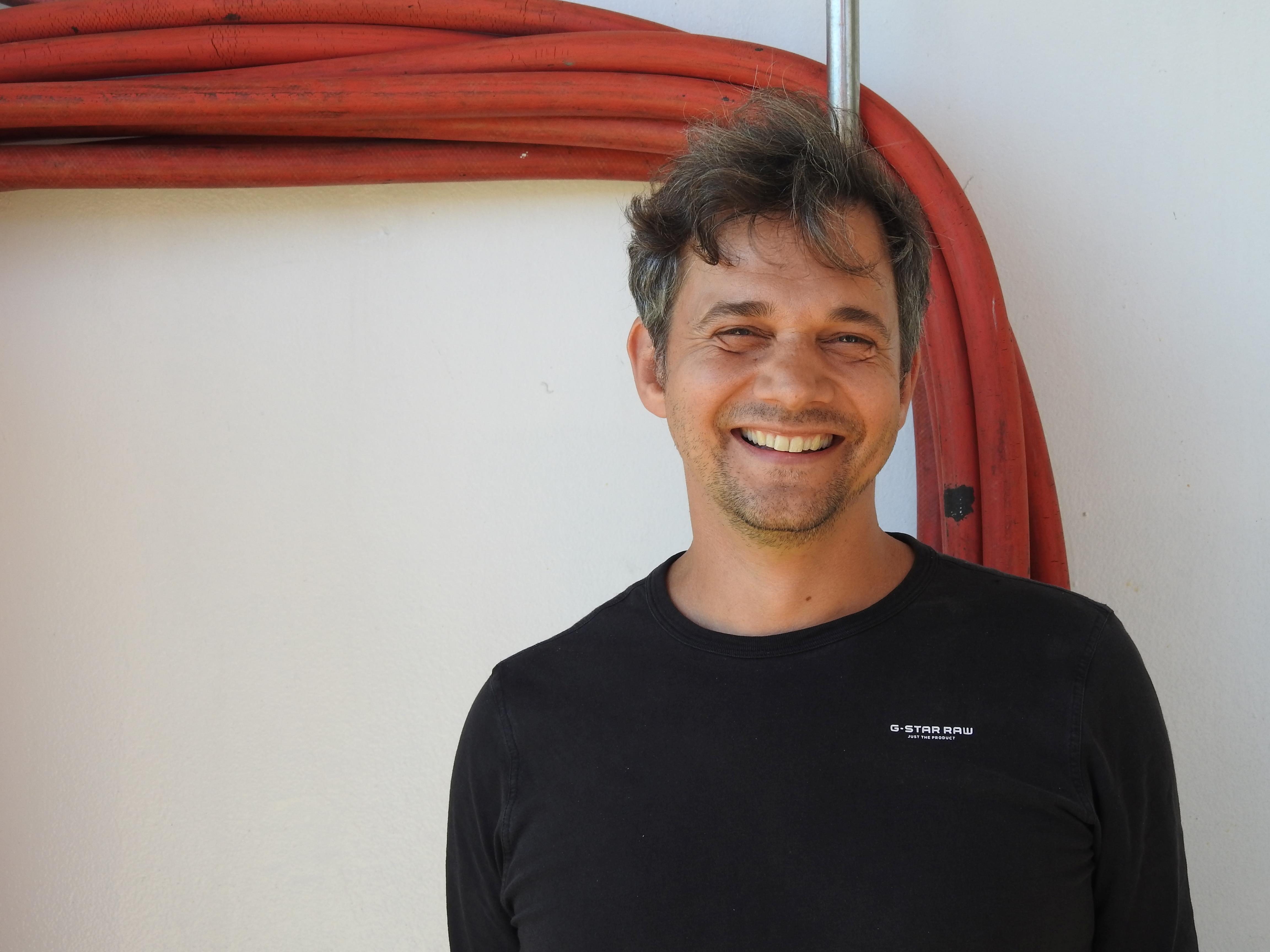
Alastair Hodgetts
Alastair Hodgetts is a British volcanologist currently working on a postdoc at the University of Edinburgh in Scotland. Alastair obtained his BSc in Geology from Leicester University, his MSc in Volcanology and Geological Hazards from Lancaster University and his PhD in Volcanology from the University of Birmingham. He is co-chair of the IAVCEI Tephra Hazard Modelling commission (https://thm.iavceivolcano.org/who-we-are/) and has worked on projects at government institutions, icluding the United States Geological Survey’s (USGS) Cascades Volcano Observatory and British Geological Survey (BGS). His recent research has focused on explosive eruptions and extending eruptive histories in Mexico and at Mount St. Helens as well as volcano-ice interactions in Iceland. He has research interests in reconstructing physical eruptive processes and styles from diverse volcanic deposits and using this information to inform preparedness for future volcanic eruptions. During the M191 cruise, Alastair is describing/processing dredge samples and combining this with mapping data with an aim to better understand the volcanic history of the region.
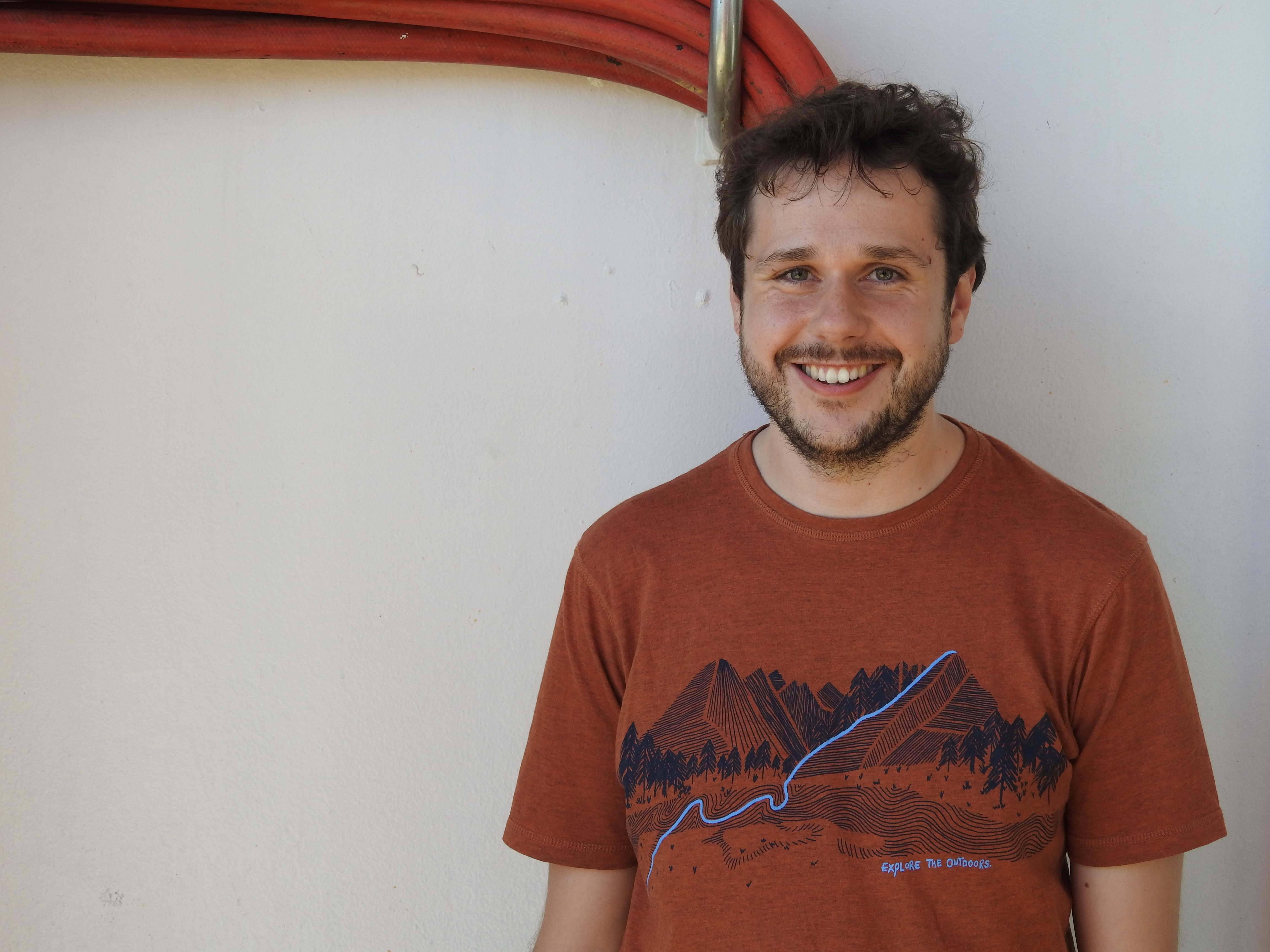
Jacqueline Grech Licari
Jacqueline Grech Licari is a Maltese PhD candidate in Geology, specialising in physical volcanology at Wellington University in New Zealand. She obtained her BSc in Earth Systems in Malta (2018) and her MSc in Geology (2022) from the University of Iceland, where she specialised in physical volcanology and geochemistry. Throughout her time in Iceland, she also worked on the 2021 and 2022 Fagradalsfjall eruptions. Her academic interests span forensic volcanology, super volcanoes, shallow conduit processes, magma-water interactions, be it in submarine, subglacial or emergent aqueous settings, as well as the dynamics of explosive eruptions, their environmental influence and associated hazards. Jacqueline recently joined the IAVCEI ECR-Net working group (https://ecrnet.iavceivolcano.org/). Onboard, she is assisting with dredging and sample processing for igneous petrology and is also managing all science communication for the M191 expedition.
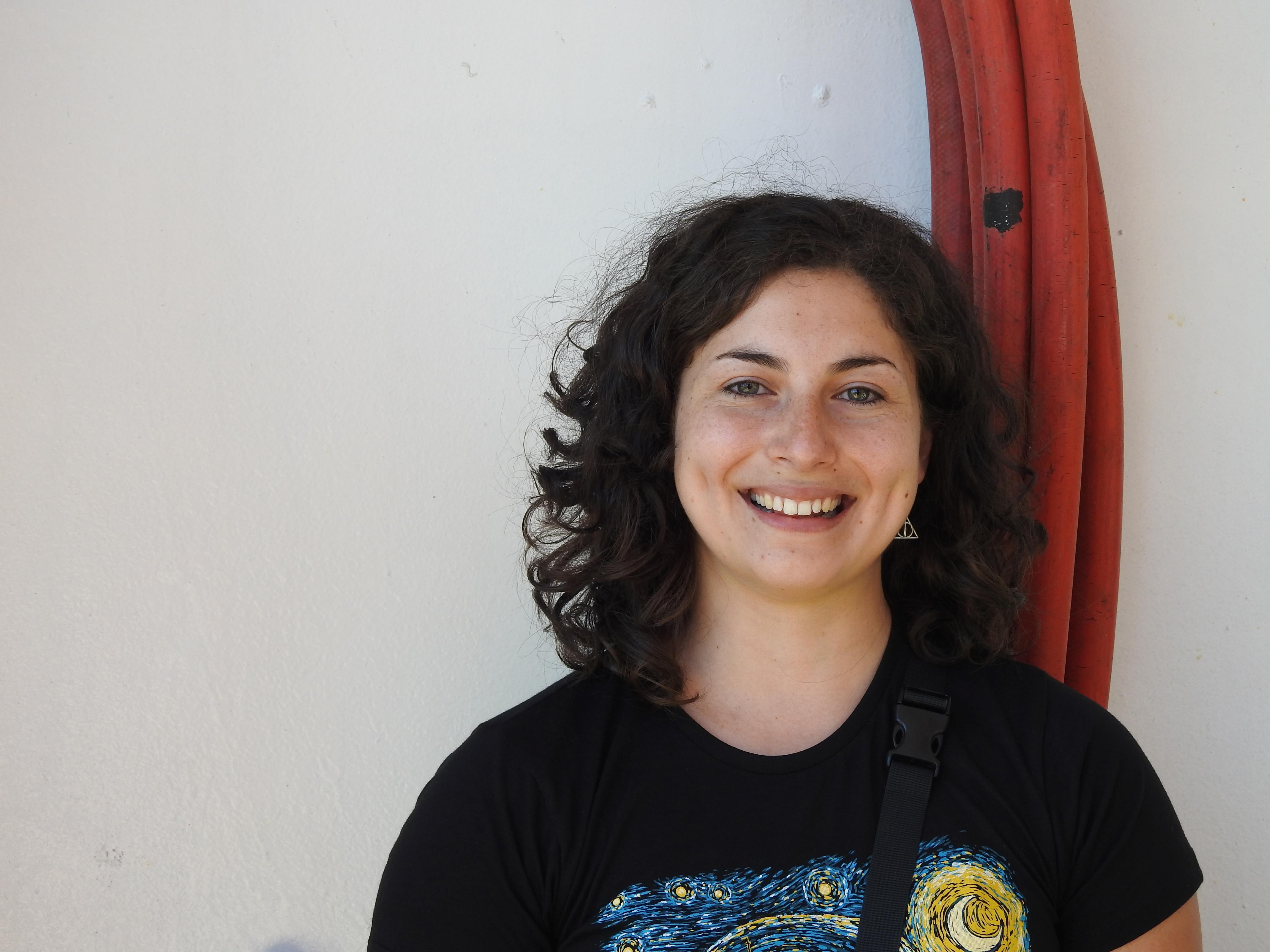
Meret Felgendreher
Meret Felgendreher is originally from Bremen in Germany. She obtained her BSc in Geosciences from the University of Bremen, and is currently reading for a MSc in Marine Geosciences at the University of Kiel. Aside from her studies, she has conducted grain-size measurements and assisted with coral preparation for U/Th dating during her internships at Marum and the University of Kiel. Meret is one of our seasoned cruise members on this team as she has already participated in multiple expeditions prior to this one (MSM102 to the Northwest Atlantic Mid-Ocean Channel and the SO292/2 to the Mariana Trench). Her research interest lies in sedimentology, sedimentary processes as well as applied geophysics. Onboard the R/V Meteor, Meret is a research assistant, and will be helping with sea floor sampling as part of her HiWi placement with GEOMAR.
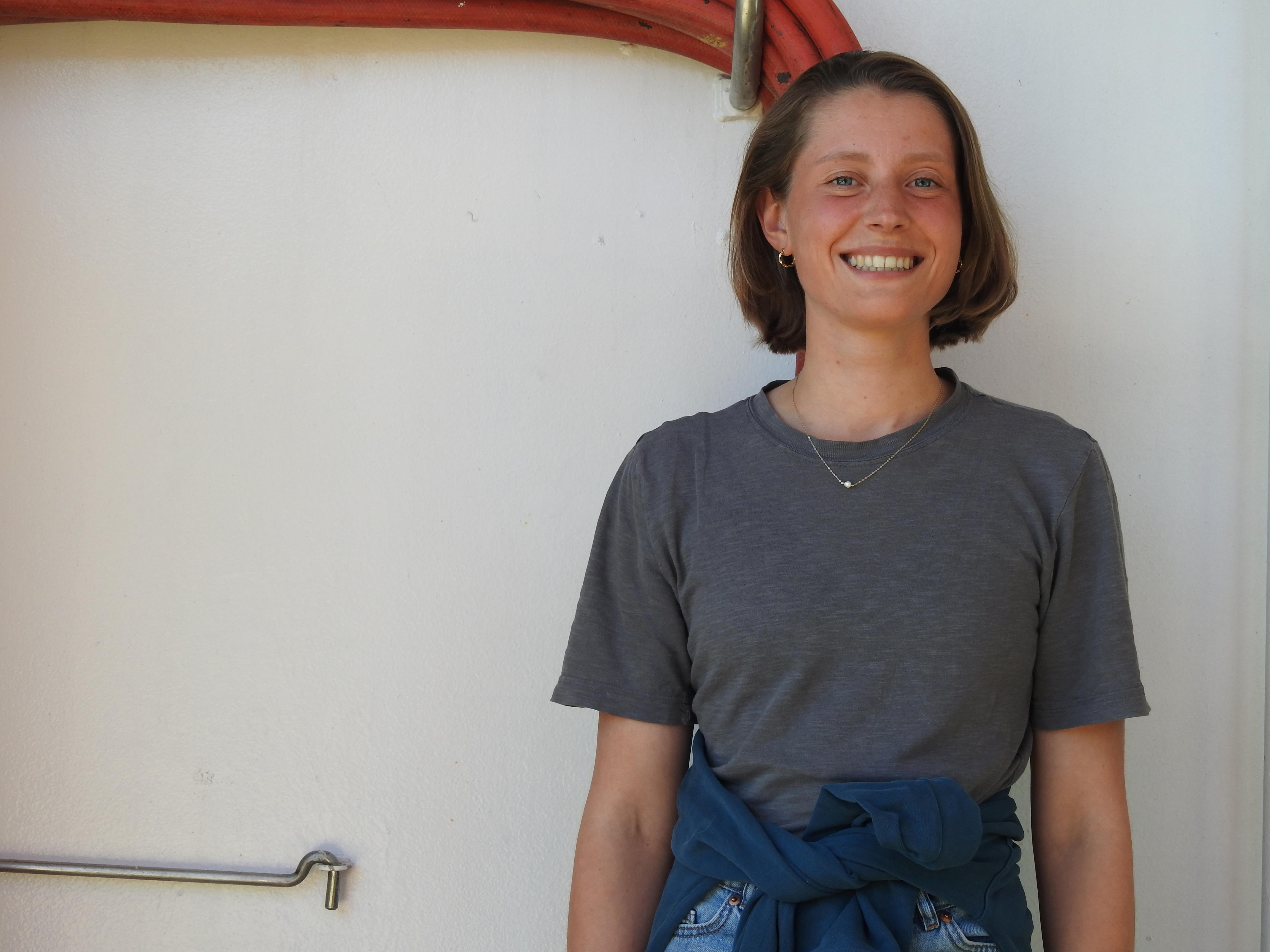
Afternoon Shift – Dredge Team 2
Folkmar Hauff
Folkmar Hauffe is a German staff scientist at Geomar. His field of expertise is magmatic isotope geochemistry. Onshore, he takes care of clean rooms and mass spectrometers. He is interested in isotope geochemistry as a tool in solving problems in igneous petrology such as the life cycle of mantle plumes, their interaction with mid-ocean ridges and the origin of non-hotspot related intra-plate volcanism. During the SUAVE expedition, he is the afternoon shift leader for dredging, rock sampling and description.
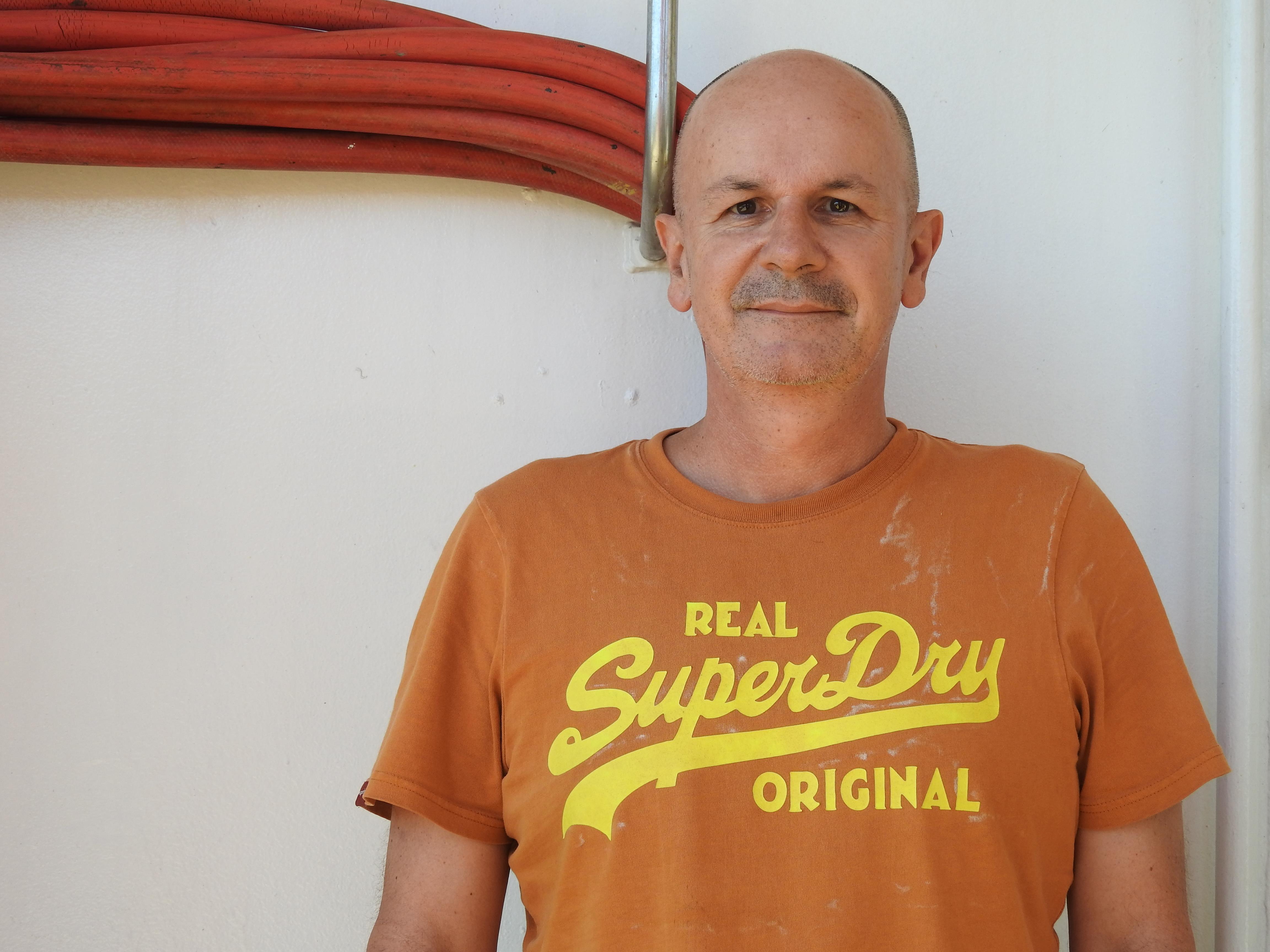
Silke Hauff
Silke Hauffe is a German laboratory technician in isotope geochemistry at GEOMAR. Throughout the M191 expedition, which focuses on Submarine Volcanism in the Western Sicilian Channel (SUAVE), she assists with igneous rock collection & oversees the preparation, petrographic description and packing of samples for onshore analysis.
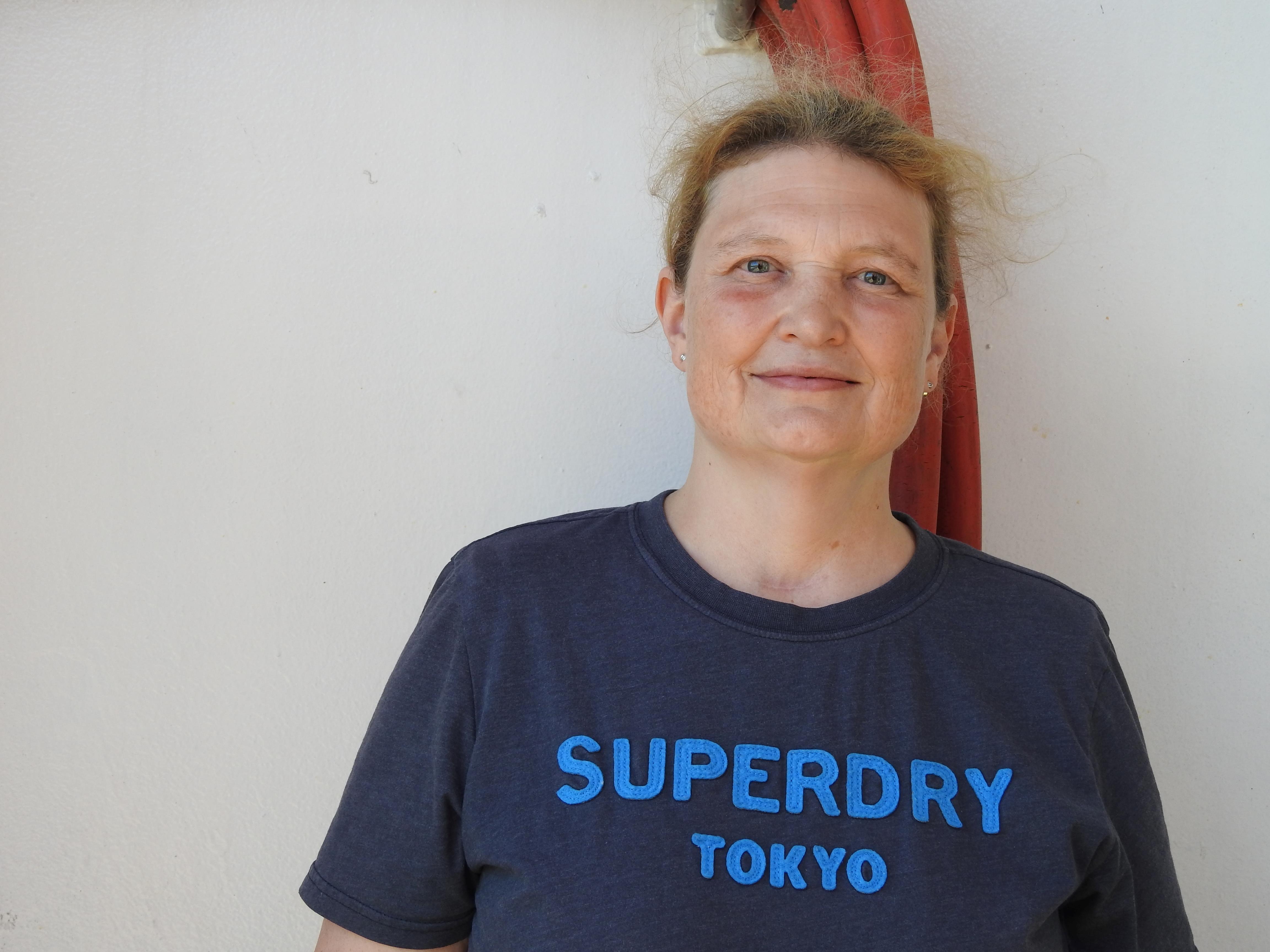
Sebastian Watt
Seb Watt is a British volcanologist and lecturer at the University of Birmingham, with research interests in island/submarine volcanoes and their associated hazards. His recent research has investigated volcanic-island landslide processes, eruption mechanisms and associated tsunami hazards, at volcanoes in Indonesia and Papua New Guinea. Onboard, he’ll be working on the rock sampling and description, and the interpretation of seafloor volcanic structures.
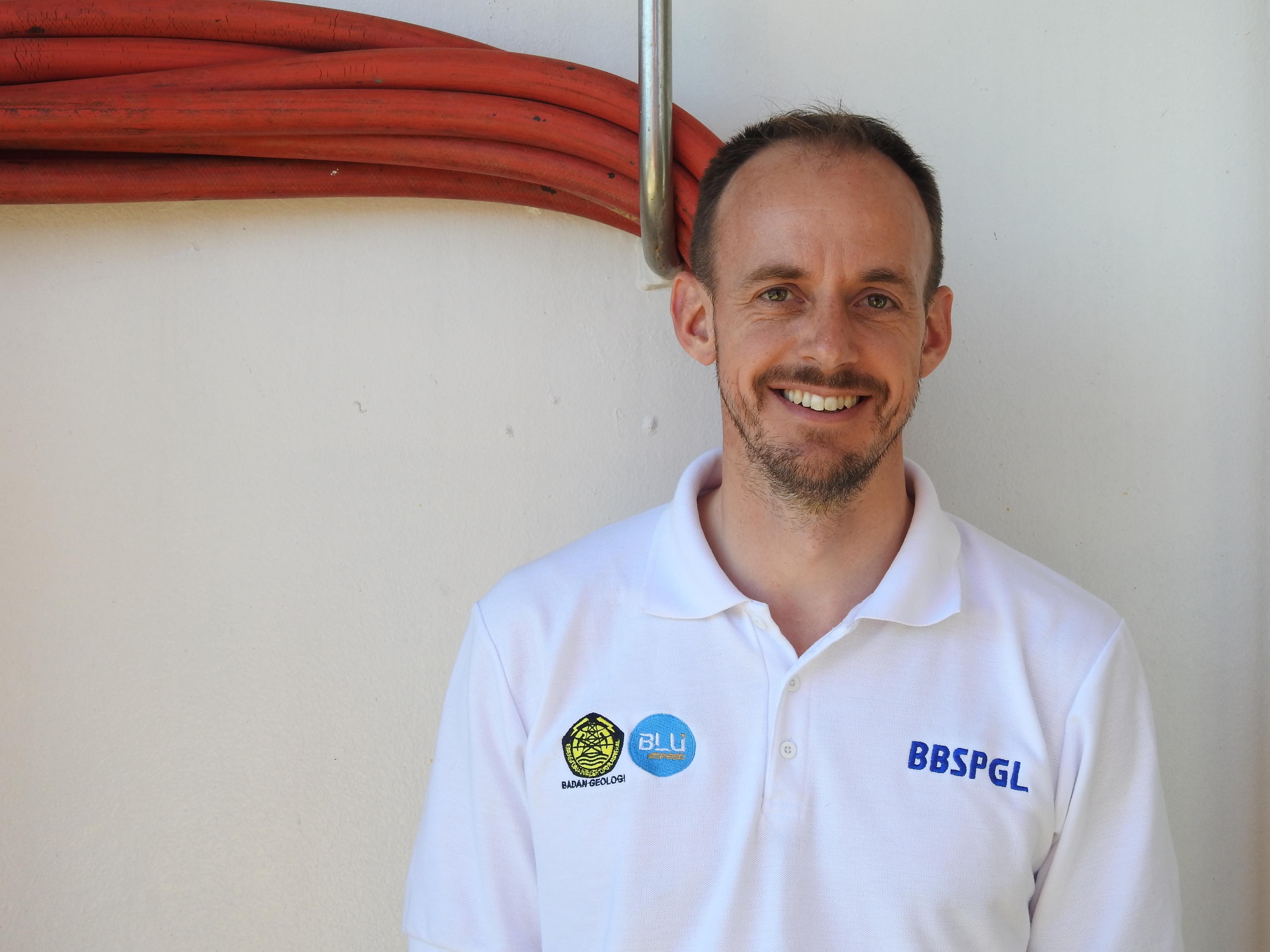
Kerys Meredew
Kerys Meredew is a volcanology PhD student at the University of Birmingham, based in the UK. Her current research is focused on understanding the structural and magmatic evolution of Anak Krakatau, Indonesia. Alongside her PhD, Kerys is an editor for the Volcanic and Igneous Plumbing Systems blog (VIPS), a commission of IAVCEI (https://vipscommission.org), and is also the student rep for VMSG, the Volcanic and Magmatic Studies Group (https://vmsg.org.uk/). On board she’ll work as part of the dredging teams to sample and describe rock material ready for future geochemical analysis, as well as working to interpret sea floor volcanic structures.
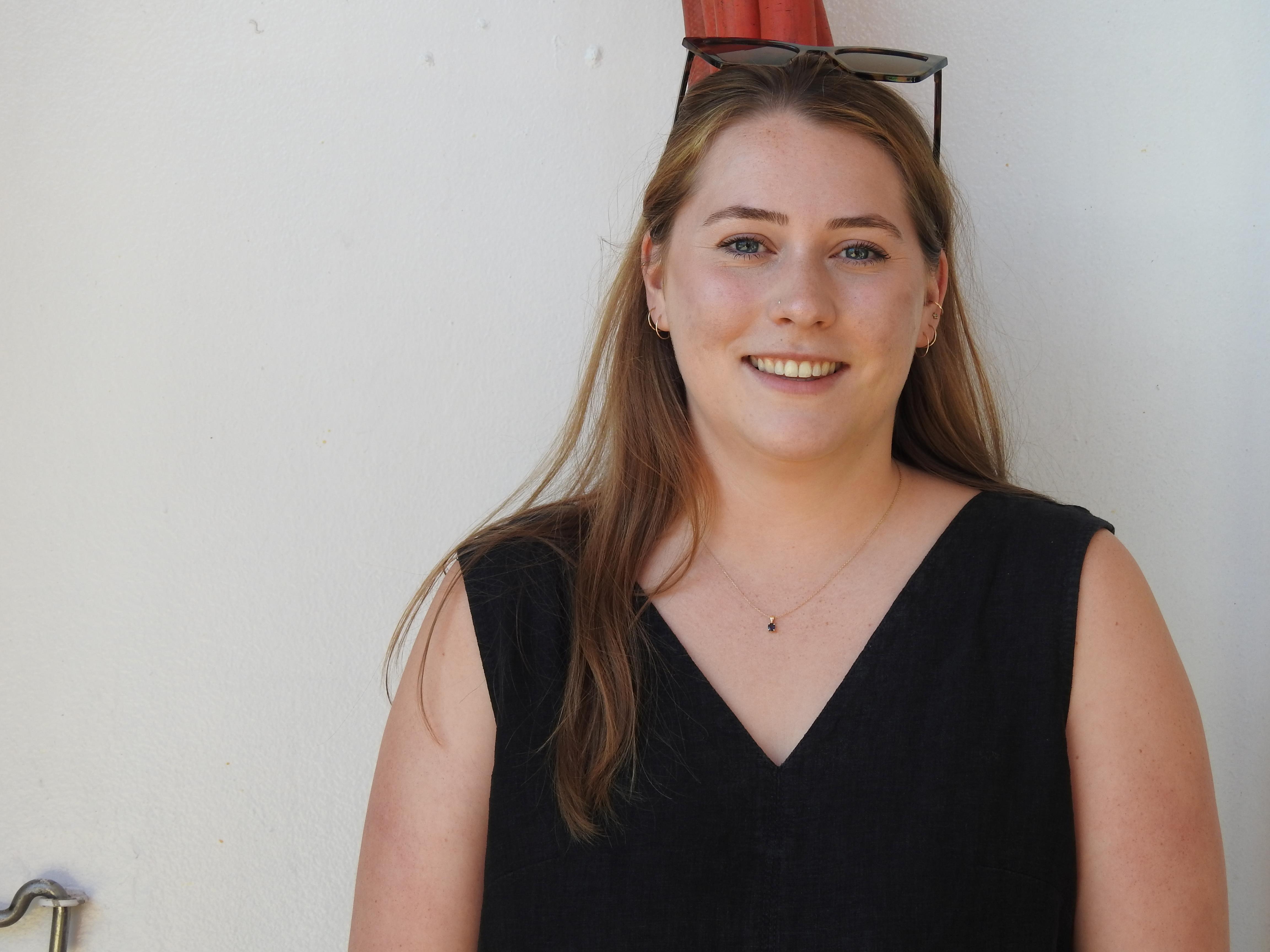
Jakob Lang
Jakob Lang is from Koblenz in western Germany. He originally studied biology at the University of Cologne, but later switched to a BSc in Geosciences at University of Kiel, which he plans to finish next year. Aside from his studies, Jakob has also been working as a research assistant with GEOMAR for several years. His first cruise, the expedition M168 to King’s Trough in the North Atlantic Ocean, has fostered his interest in deep sea volcanism and igneous petrology. He hopes to keep expanding his knowledge in this areas both on this and future cruises. On the M191 cruise, Jakob is assisting with dredging and rock sampling.
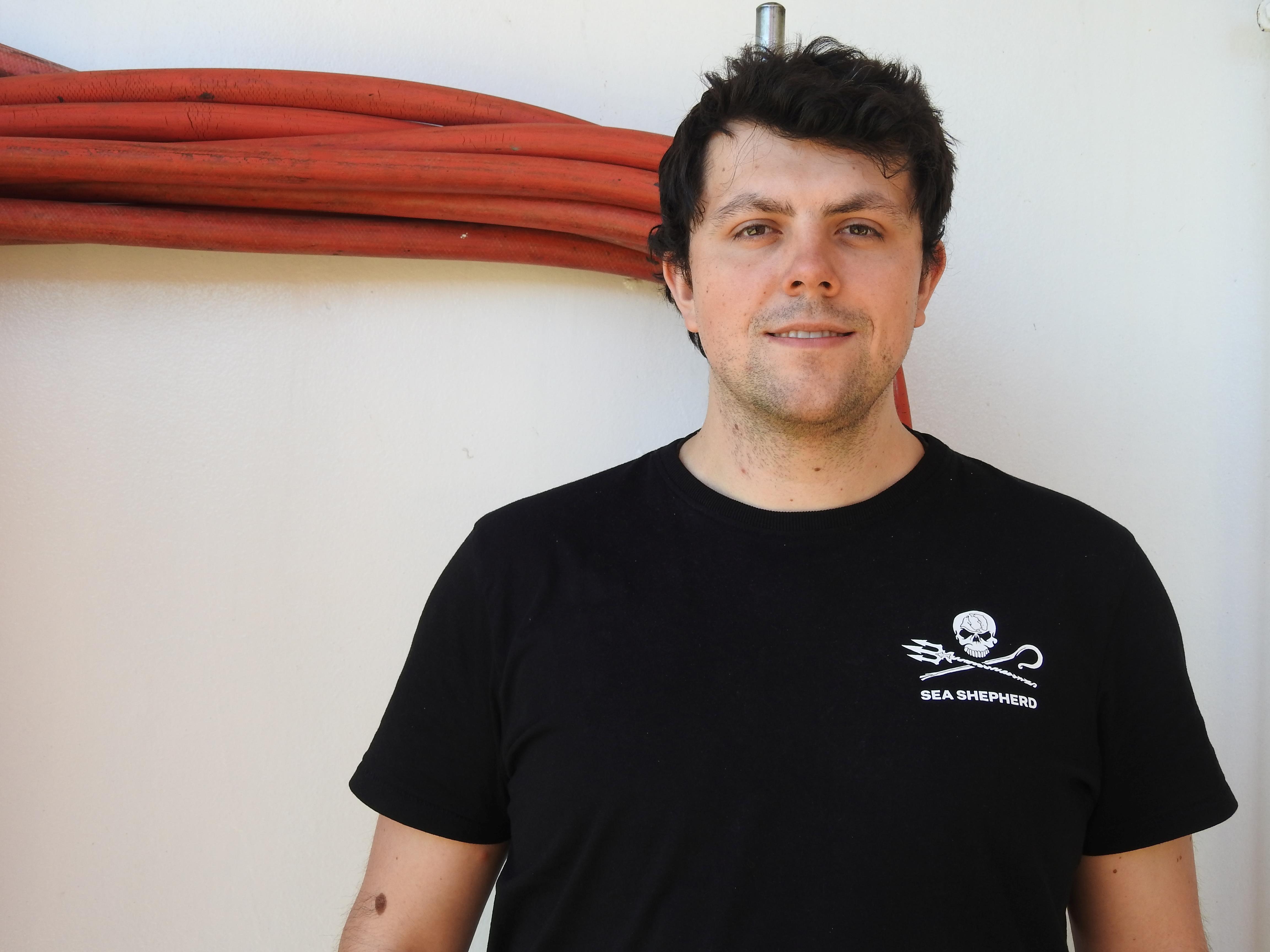
Night Shift – Geophysics (mapping) and Paleobiology team
Giulia Matilde Ferrante
Giulia Matilde Ferrante is an Italian applied geophysicist working as a postdoc at the Istituto Nazionale di Oceanografia e di Geofisica Sperimentale (OGS). She got her MSc in physics (2015) & PhD in Earth and Fluid Mechanics (2019) from the University of Trieste. Matilde’s research interests are multidisciplinary. She is passionate about the acquisition and processing of multichannel seismic data, both offshore and onshore, along with the application of machine-learning methods to borehole data. Aside from that, she’s also had experience with the geophysical characterisation of fluids within sediments and their dynamics in porous material, as well as the integration of seismic data in regional-scale paleo-climate studies. Her research usually focuses on the Ross Sea area in Antarctica. Throughout the M191 expedition, Matilde is responsible for acquiring & processing magnetometer data to locate volcanic structures.
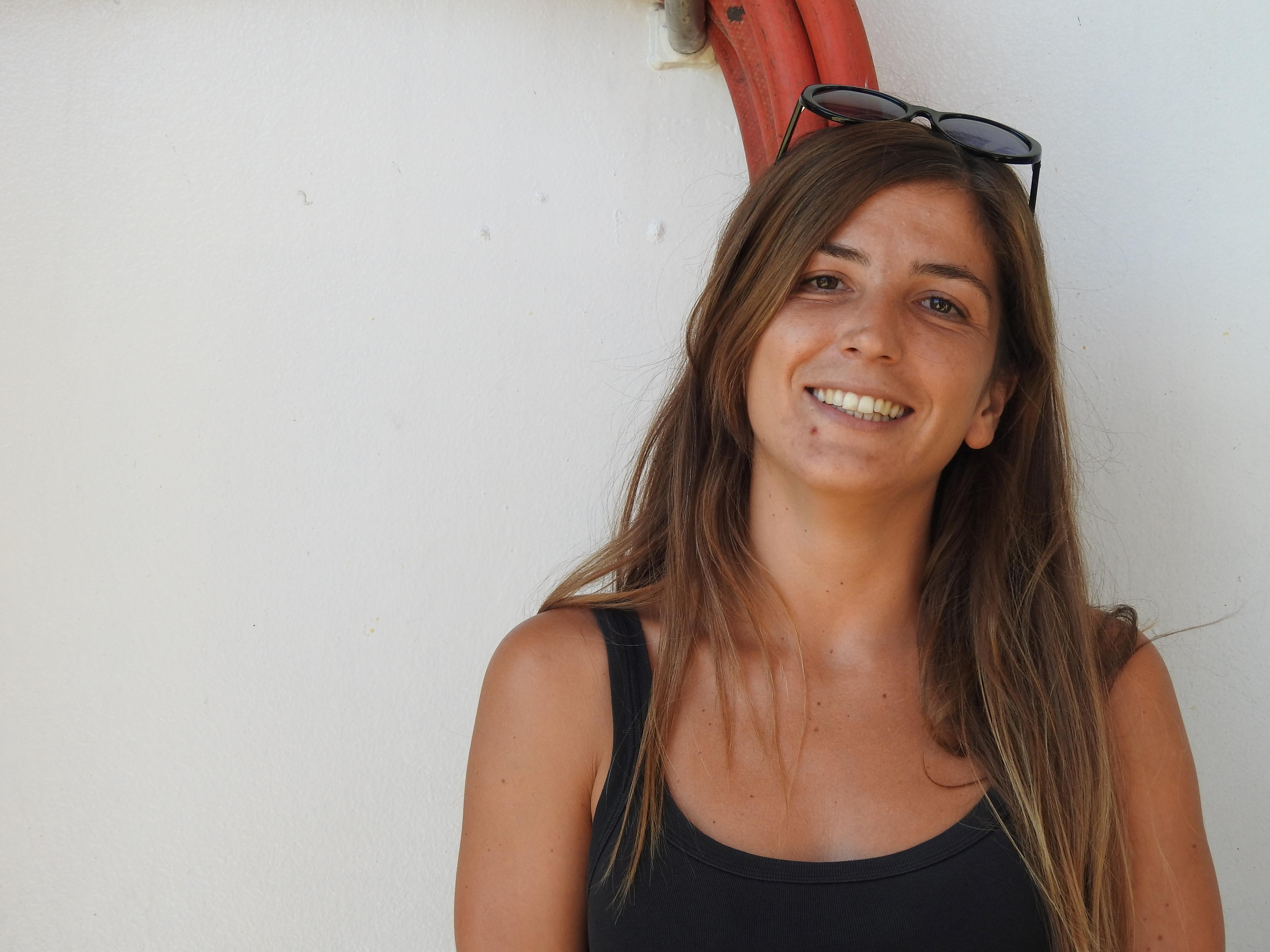
Jonathan Ford
Jonathan Ford is a British geophysicist working as a postdoc at Istituto Nazionale di Oceanografia e di Geofisica Sperimentale (OGS). His research is mostly aimed at improving our understanding of sedimentary processes such as mass-wasting, salt diapirism and subsurface fluid, via novel imaging and inversion algorithms that improve the resolution and subsequent interpretation of marine seismic data. Onboard the R/V Meteor, Jonny is acquiring and processing sub-bottom profiler & magnetometer data to better understand sub-seafloor geology.
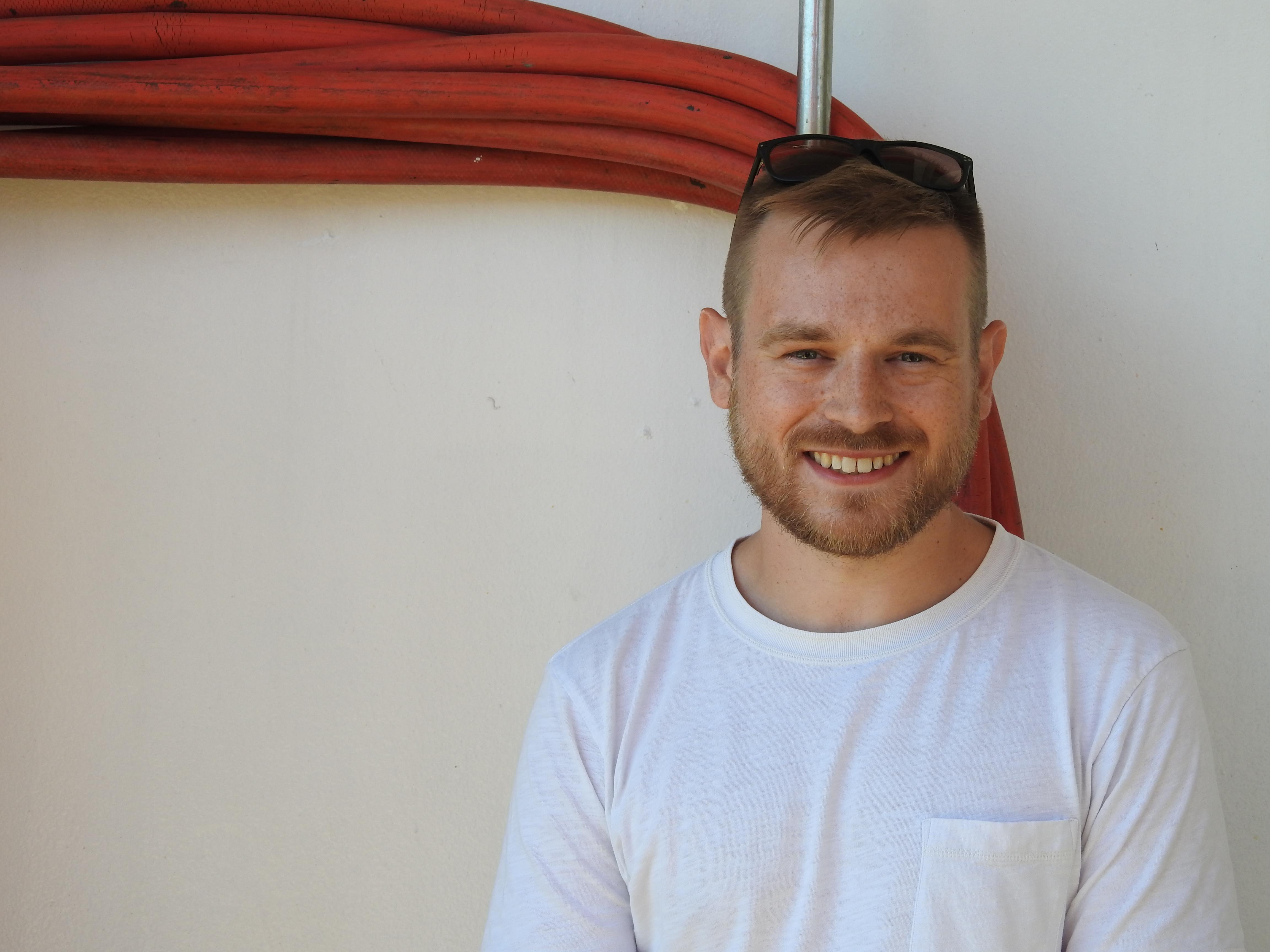
Odysseus Archontikis
After a 20-year long journey facing Greece’s mythical creatures, Odysseus Archontikis, from Athens, is now pursuing a PhD at the University of Oxford. His research interests span palaeobiology, biomineralization, taxonomy and the geological applications of microplankton, especially coccolithophores – a group of marine calcifying algae that play a major role in the carbon cycle over geological time. He is also chair of the Nannofossil Working Group from The Micropalaeontology Society based in London. In his current research, he aims to understand the recent evolutionary history of this phytoplankton group. Throughout the M191 expedition, he is collecting seawater samples to track and assess the responses of plankton calcification, biodiversity and life-cycle distribution along the large biogeochemical and physical gradient of the Mediterranean Sea.
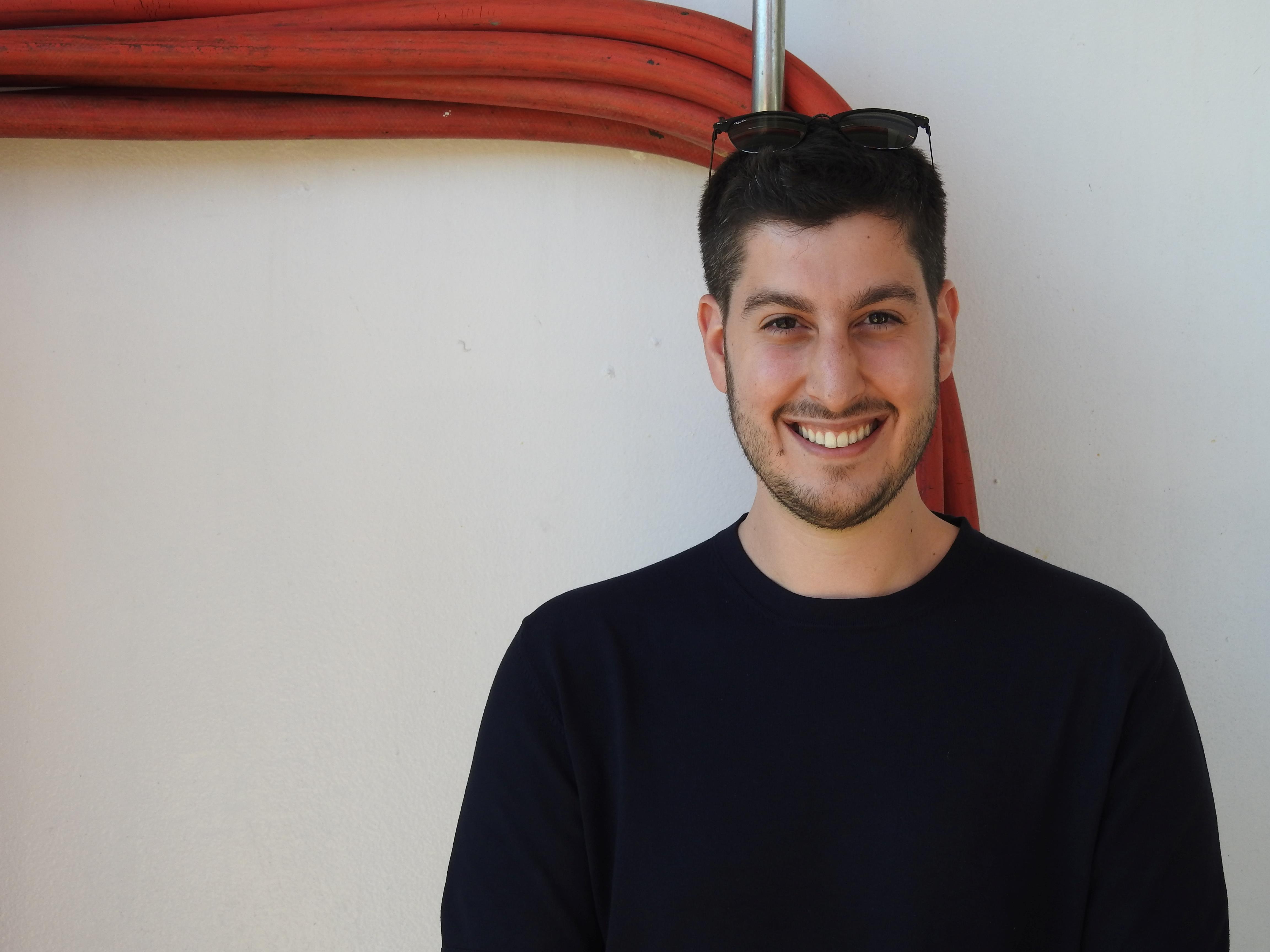
And that’s a wrap for our science team introductions! In the next few blog posts, we will be explaining more about the science the is being carried out onboard and any cool observations (or even discoveries) that we make.
